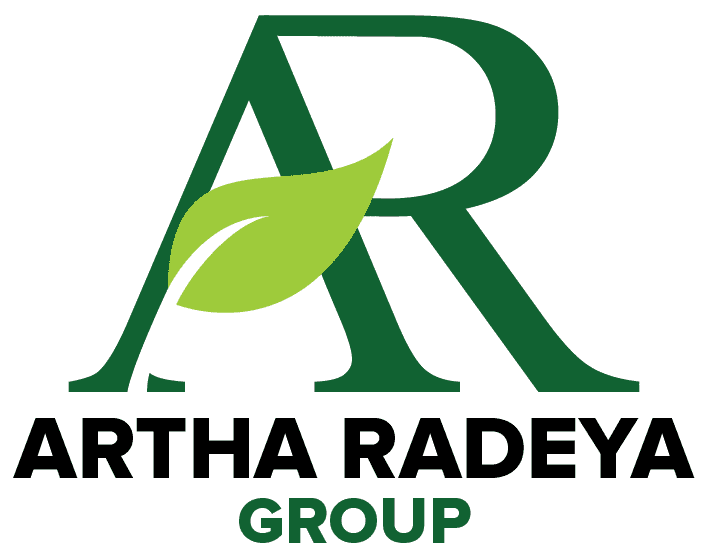In today’s world, sustainable farming practices are more important than ever. As the global population continues to grow, the demand for food increases, putting pressure on the environment and natural resources. At Artha Radeya Group, sustainability is at the heart of everything we do. In this article, we explore the sustainable farming practices that make Artha Radeya Group a leader in responsible agriculture.
The Importance of Sustainable Farming
Sustainable farming is essential for preserving the environment, supporting local communities, and ensuring a steady supply of food for future generations. It involves using methods that protect the soil, water, and biodiversity, while also promoting economic viability for farmers. By adopting sustainable practices, we can reduce the negative impact of agriculture on the planet and create a more resilient food system.
Organic Farming Methods
One of the key sustainable practices at Artha Radeya Group is organic farming. Organic farming avoids the use of synthetic pesticides, herbicides, and fertilizers, which can harm the environment and human health. Instead, we use natural methods to control pests and enhance soil fertility.
- Natural Pest Control: We employ techniques such as crop rotation, intercropping, and the use of beneficial insects to control pests naturally. This reduces the need for chemical pesticides and promotes a healthier ecosystem.
- Composting: We use composting to recycle organic waste and enrich the soil. Composting improves soil structure, increases nutrient availability, and enhances water retention, leading to healthier crops.
- Cover Crops: Planting cover crops helps protect the soil from erosion, improves soil fertility, and increases biodiversity. Cover crops also help reduce the need for chemical fertilizers by fixing nitrogen in the soil.
Water Conservation
Water is a precious resource, and conserving it is a priority at Artha Radeya Group. We implement several water-saving techniques to ensure that our farming practices are sustainable.
- Drip Irrigation: Drip irrigation delivers water directly to the roots of the plants, minimizing water waste and evaporation. This method is highly efficient and helps conserve water while ensuring that crops receive the necessary hydration.
- Rainwater Harvesting: We collect and store rainwater for irrigation purposes. This reduces our reliance on groundwater and helps maintain water levels in local aquifers.
- Mulching: Mulching helps retain soil moisture by reducing evaporation. It also suppresses weed growth and improves soil health, leading to more resilient crops.
Supporting Local Communities
Sustainable farming is not just about protecting the environment; it’s also about supporting local communities. At Artha Radeya Group, we are committed to fair trade practices and community development.
- Fair Wages: We ensure that our farmers and workers receive fair wages and work in safe conditions. This helps improve their quality of life and supports the local economy.
- Education and Training: We provide education and training programs to help farmers adopt sustainable practices and improve their productivity. This includes workshops on organic farming, water conservation, and pest management.
- Community Projects: We invest in community projects such as building schools, healthcare facilities, and clean water systems. These projects help improve the overall well-being of the communities where we operate.
Conclusion
Sustainable farming practices are crucial for protecting the environment, supporting local communities, and ensuring a stable food supply for the future. At Artha Radeya Group, we are proud to be at the forefront of responsible agriculture. By adopting organic farming methods, conserving water, and supporting local communities, we are creating a more sustainable and resilient food system. Choose Artha Radeya Group for high-quality, sustainably produced agricultural products that you can trust.


